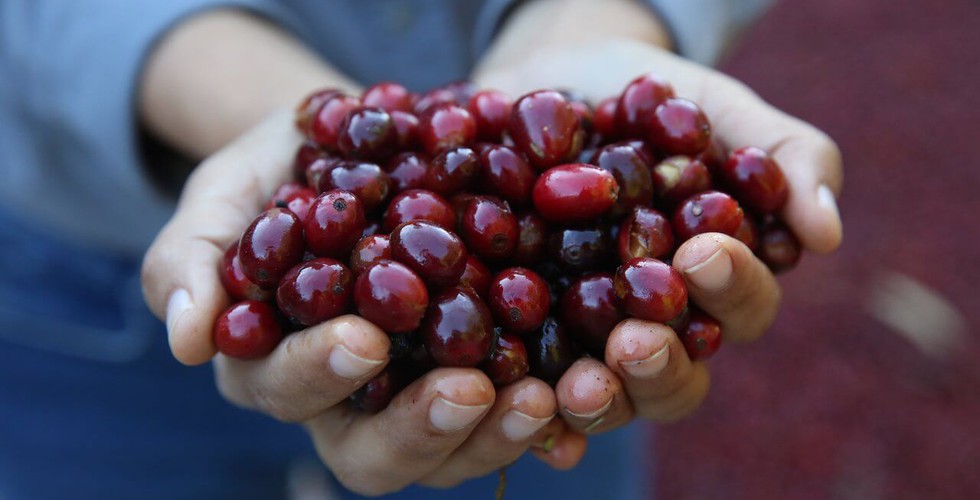The problem
Coffee varieties that we currently have were produced for the 20th-century coffee sector. With today's data, we can confirm that most of the current varieties will not endure environmental changes of the 21th-century which include but not limited to abnormally high temperatures, insect prevalence, new diseases, and changing weather patterns. All this can lead to a catastrophic decrease in supplies in upcoming years. Previous breeding efforts also generally failed to consider cup quality.
The solution
Creating the new generation of coffee varieties and maintaining breeding pools and genetic resources of the industry is an initiative so big that it can't be done by one single institution. By relying on the latest and most promising discoveries in coffee genetics and working together with individual country breeding programs, World Coffee Research (WCR) is looking to create new coffee varieties with all the challenges of 21th-century in mind and do it as fast as possible.
The main idea of WCR's plan is to establish a regional network of breeding hubs that can be used by countries, research institute's and private sector partners to speed up the pace of work on coffee genetic research. These hubs have a collaborative working principle and administration among participating partners while are regulated by a local host. WCR provides the results of the latest coffee studies to each hub, including:
- Molecular markers and genes that speed up molecular breeding approaches, cutting the time needed to produce new crosses in a half;
- Training for local breeders to teach them how to use progressive breeding methods;
- Enhanced breeding populations, which include WCR Core Collection and 100 genetically diverse C. arabica plants that can help develop new hybrids varieties that combine high performance and the biggest genetic diversity and can grow new plants in five years;
- This program is also supported by WCR Sensory program that provides early generation and parental screening to achieve the highest cup quality.
Hub members take their own most performing plant material which can be obtained locally and create crosses that can be adapted to local requirements. There are high priority characteristics such as:
- Resistance and tolerance to diseases;
- Cup quality;
- Productivity;
- Traits that provide climate resilience;
- Traits that make the harvest process more efficient (uniform ripening time for example);
- Traits that improve production efficiency (e.g., dwarf/tall);
- Increasing tolerance to various abiotic stresses (drought, heat, light, cold, etc);
- Fertilizer efficiency.
Participants then bring progeny from crosses back to their home regions and perform local field selection. If they wish participants can also send the most promising varieties to WCR's global International Multilocation Variety Trial which includes 40+ sites in 27 countries.
There are also long-term projects aimed to create enhanced Arabicas that would take the best from both worlds by combining key Robusta characteristics in one plant. As a result, the new plant will have unique genetic diversity and can be used in future breeding programs to get resilience traits and improve quality drastically.
Impact
There is nothing the coffee industry can single-handedly do to reverse global climate changes. The best possible way to maintain the supply of high-quality coffee in 21th-century reality is trying to make coffee plants more resilient. The combination of highly adaptable varieties and a vibrant new seed sector will lead to major global productivity and quality growth in the next two decades.



